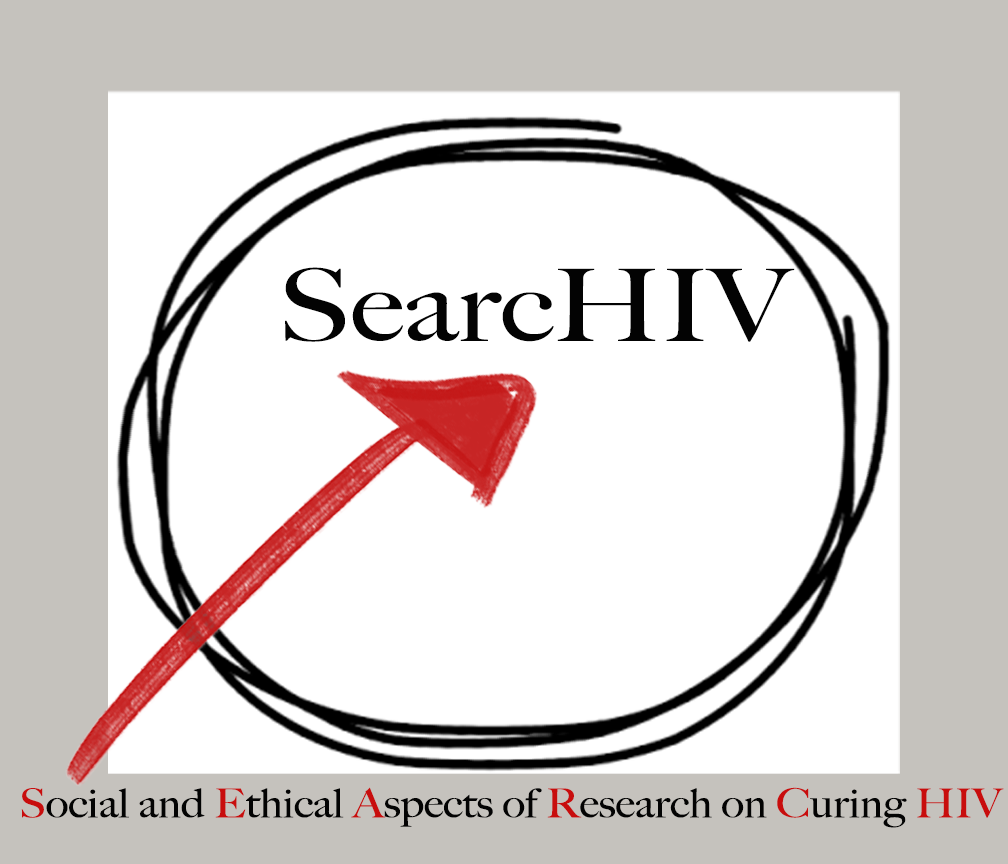by Allison Matthews, PhD, Postdoctoral Research Fellow
Recent technological advances in HIV research have reinvigorated the search for a cure. In order to ensure the equitable and successful implementation of a cure, we need to develop community engagement strategies that address the social and ethical issues related to cure research. Traditionally, the HIV epidemic has been concentrated in poor, socially stigmatized, and politically marginalized communities, yet researchers have often missed the opportunity to include these groups in the development and participation in HIV research. In order for us to pre-empt potential problems associated with developing and disseminating an HIV cure, we need to address issues of social, cultural, economic, and political marginalization that make people vulnerable to acquiring the disease. Efforts to address these issues should use community-focused, strengths-based approaches. A strengths-based approach is when researchers appreciate the cultural traditions and social knowledge of community members and encourage them to participate in research as experts. One way to adopt a strengths-based approach is through community engagement activities. Community engagement can be used as a practical approach to improving the effectiveness of research activities, develop culturally relevant insight into analyses of findings, and build partnership with community members to move initiatives forward after the completion of research studies.
Social media has the potential to serve as a tool for researchers to access and engage with hard to reach populations at the highest risk for acquiring HIV. Many professionals in the health communication, economics, business and marketing, and media industries have already harnessed successful ways to use social media to encourage interest in health-related topics, raise awareness about lesser-known diseases (Bauman et al. 2004; Korda & Itani 2013), and implement interventions to change daily behaviors and cultural beliefs that may place people at risk for acquiring diseases (Bauman et al., 2004; Stretcher 2007). Over the past five years Twitter in particular has become a social media outlet that is popular among Black young adults. Indeed, there is an overlap between populations at highest risk for acquiring HIV and those who use social media in the United States – Black young adults between 18-30 years old. Black Americans have the highest rates of Twitter use (27% of all Twitter users in 2014) and the majority of Twitter users are between the ages of 18 and 29 (37%) and 30 and 49 years old (25%). Additionally, Twitter has representation from a diversity of users who live in urban, suburban and rural areas, are college educated, and/or have high incomes (PewResearchCenter: Internet, Science & Tech).
Clark (2014) demonstrates in her work on the phenomenon of “Black Twitter” that the social media platform is popular among Black young adults because it facilitates popular culture generation, community building, social justice organization, and a place for people to voice their frustrations about racial microaggressions and systematic oppression. Given the already-established networks and utility of social media platforms as sites for empowerment and social change, researchers can employ these portals to build trust and community buy-in, and increase participants’ sense of social support and empowerment around their participation in HIV research and the development of a cure for HIV. Lastly, researchers who use social media as a community engagement tool may have the opportunity to share ownership with community members over HIV cure research-related decisions and activities.
Currently, the searcHIV project is launching aim 3 of its project, which focuses on the effectiveness of online and in-person innovation challenges as community engagement. Innovation challenges are opportunities for participants to submit creative and thoughtful solutions to “problems” posed by website moderators about the social and ethical issues related to the development of an HIV cure. Participants will also contribute to discussion forums, which will be used to evaluate the innovation challenges as a way to improve stakeholder engagement in HIV cure research. Furthermore, the project is engaging with community members in discussions about the most updated research, podcasts, webinars, lectures, and videos related to HIV cure through several social media accounts, including @HIVCureWkGrp on Twitter and the SearcHIV Facebook page: facebook.com/SearcHIV.

